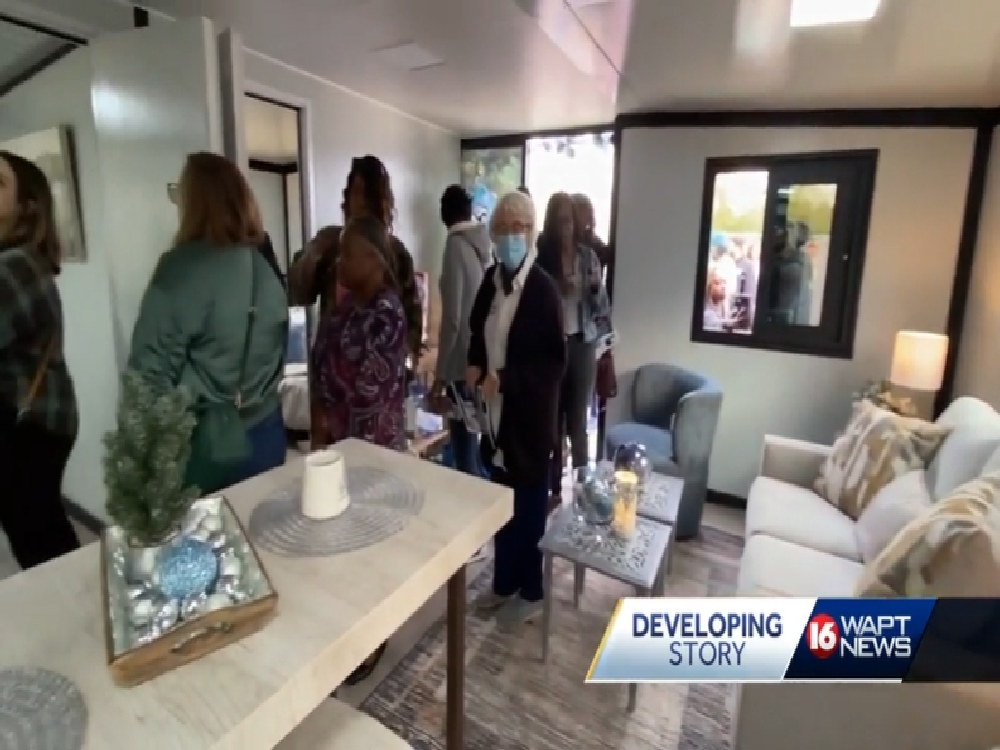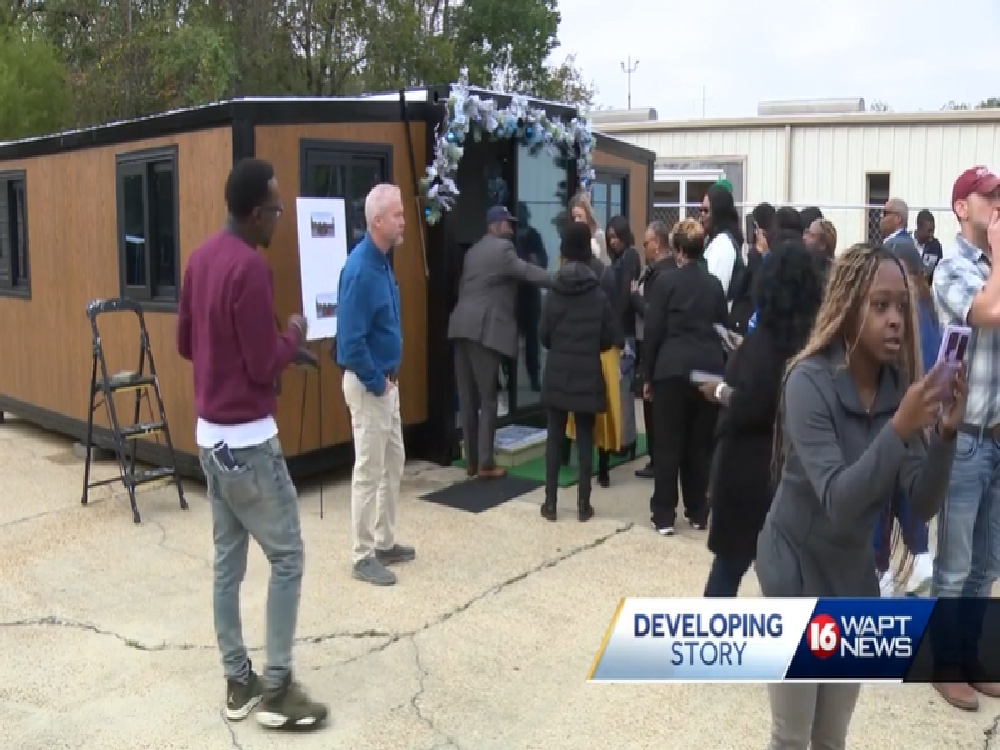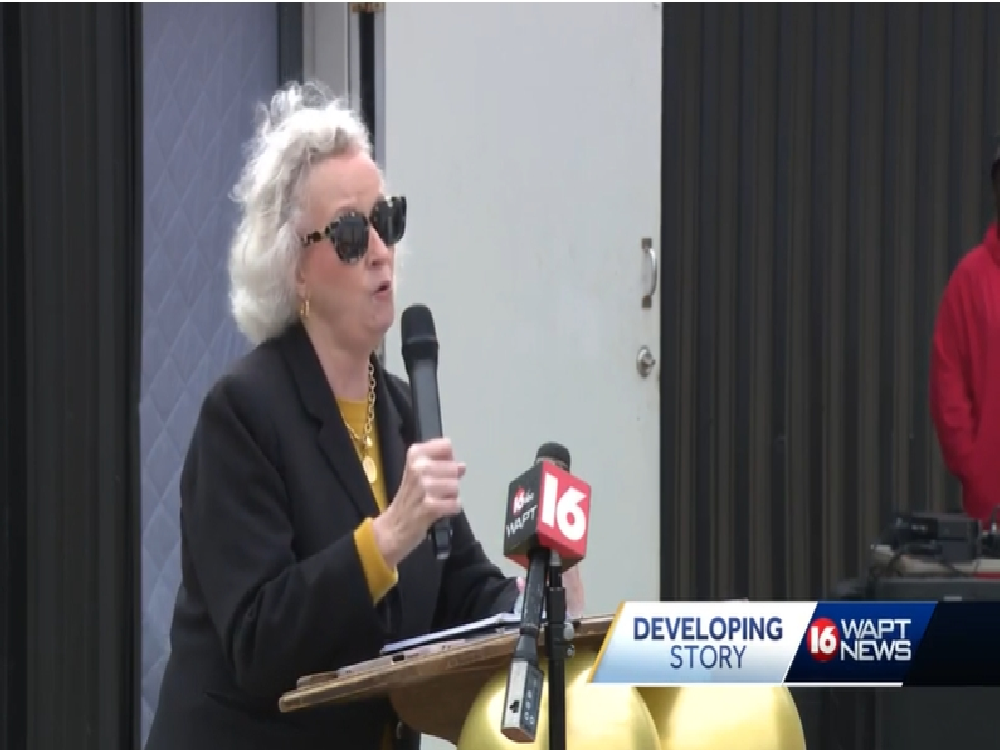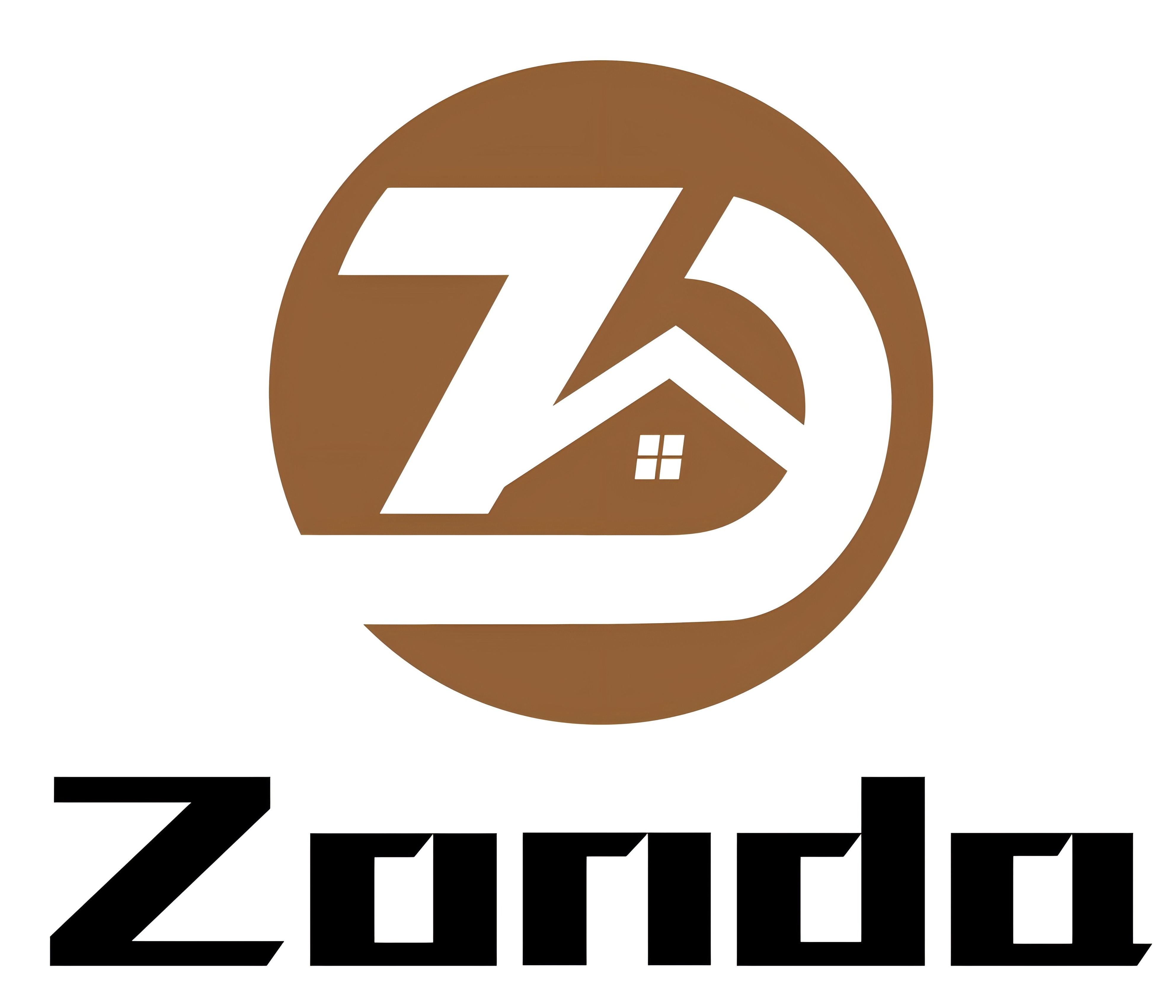Tiny homes project aims to provide affordable housing
The Center is leading a project to build 80 tiny homes on Capers Avenue to provide affordable housing for the homeless in Jackson.
"He spoke to me, and he told me that he needed me to work for him. I’ve always had a passion for people. Everybody deserves a place to call home," said executive director of the Jackson Resource Center.
White said God gave her a purpose to help the homeless community, so she set her sights on affordable housing, known as the Junction.
The Tiny Homes Project is an innovative initiative designed to address affordable housing shortages by constructing small, efficient, and cost-effective dwellings. These homes, typically under 400 square feet, offer a sustainable and minimalist living solution for individuals, couples, or small families struggling with high housing costs.
Key Benefits of Tiny Homes for Affordable Housing:
Lower Construction Costs – Tiny homes require fewer materials and labor, making them significantly cheaper than traditional houses.
Reduced Utility Bills – Their small size means lower energy consumption for heating, cooling, and electricity.
Eco-Friendly Design – Many tiny homes use sustainable materials, solar panels, and rainwater collection systems, reducing environmental impact.
Flexible Living Options – They can be built on permanent foundations, wheels (THOWs – Tiny Homes on Wheels), or in designated tiny home communities.
Faster Construction – Prefab and modular tiny homes can be assembled quickly, helping to rapidly address housing crises.
Success Stories:
Austin, TX – Community First! Village provides tiny homes for formerly homeless individuals.
Portland, OR – Promotes ADUs (Accessory Dwelling Units) and tiny homes to increase affordable housing stock.
Detroit, MI – Nonprofits are using tiny homes to revitalize neighborhoods and offer low-cost ownership programs.
Future of Tiny Homes in Affordable Housing:
As housing costs continue to rise, tiny homes present a viable, scalable solution—especially when paired with policy changes, community support, and innovative financing. Cities and nonprofits are increasingly exploring tiny home villages, co-housing models, and micro-neighborhoods to combat homelessness and housing insecurity.
Would you like details on how to start a tiny home project in your community?





